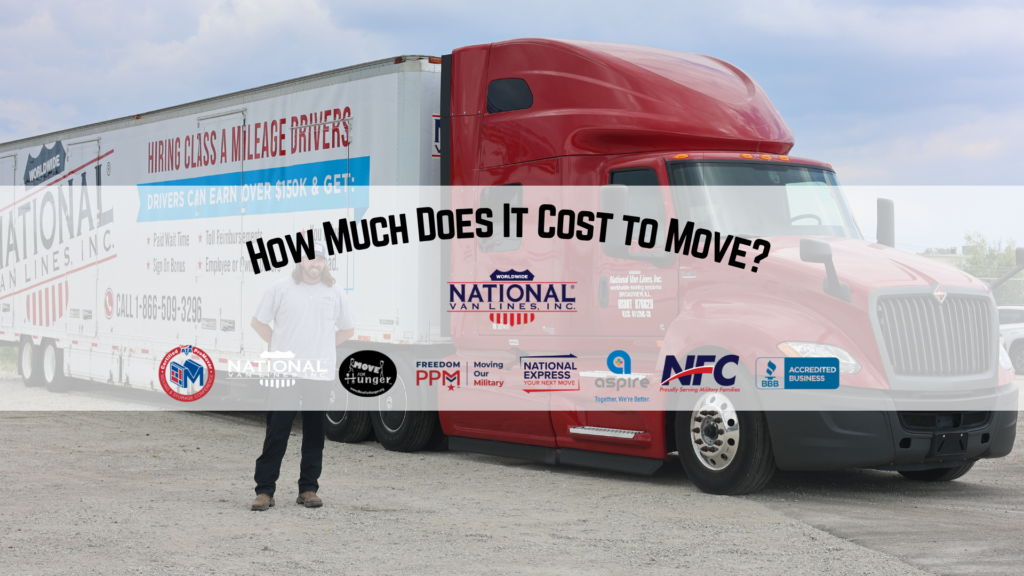
For most of us, moving our vehicles means a long road trip with some of our most precious belongings, family members, and furry friends. It can be an involved process with new laws for driving, insurance, registration, and property tax. We want to give a few pointers to save a few headaches (and a few dollars) for your move.
License and Registration
At some point, we’ve seen strange license plates from far away and wondered, “Why haven’t they replaced them yet?” There may be a reason. Grace periods depend on the state, and some have special allowances for active duty military members. Once you contact your new department of motor vehicles, you’ll want to find out the process for having your license and registration switched over.
Check to see what type of tests you’ll need and any fees you must pay for registration. You may need to test for emissions and safety features.That may depend on factors such as make, model, year, and even where you purchased the vehicle. Keep in mind that these safety features may be more important than ever as you adjust to new roads and traffic environments.
Insurance
Insurance is tightly regulated by each state and the federal government, so you will want to speak your insurance agent before you move. Each state’s department of insurance sets base rates, defines discounts, and manages the background checks and continuous education requirements for licensed brokers.
If you have insurance through a local agency, ask for a referral since you’ll need a new carrier. It may be a good time to shop around and compare rates. If you have a financial planner, work closely with them to find what type of insurance you need for your automobile—especially if you have an umbrella insurance or need protection from large liabilities.
If you have a national insurer, the process is usually simpler. An agent with licenses in each state will handle the transition and file the paperwork for you. They should be able to alert you of any changes in limits for coverage. For example, some states have “personal injury protection” which differs from “medical payments” coverage.
Some states also REQUIRE that you have insurance and registration immediately switched after moving, and your insurance agent will have access to the most recent legislation. You can expect a change in premium whenever you move to a new geographic location, so make sure you take advantage of any discounts or savings available at your new home.
Get Ready for the Trip
Before you move, schedule a tune-up with your mechanic. Simple, preventative maintenance can make the trip safer, and your mechanic may suggest tire rotation or replacement! Fill up your tires to the recommended pressure, have your oil changed, and make your vehicle as clean as possible before the trip. Once you’re packed and ready to go, it’s time to hit the road for your next adventure!






